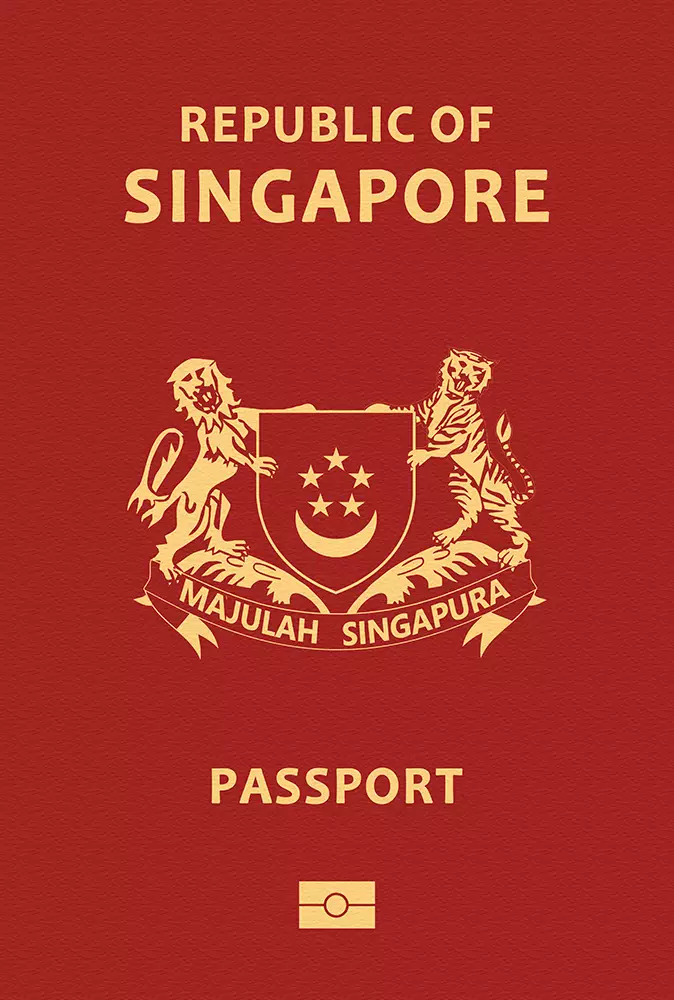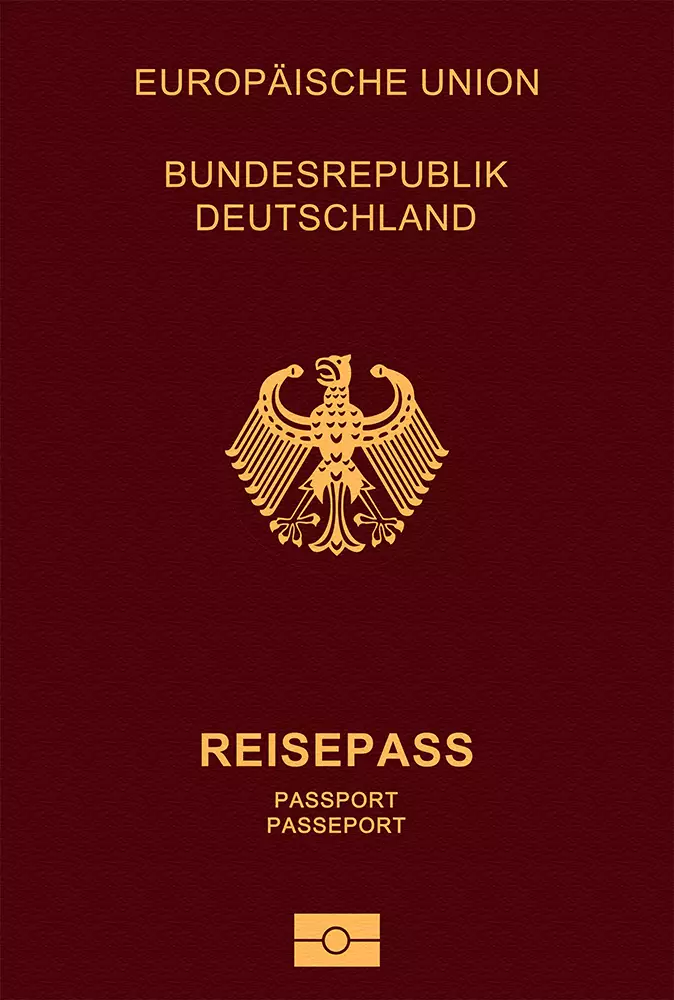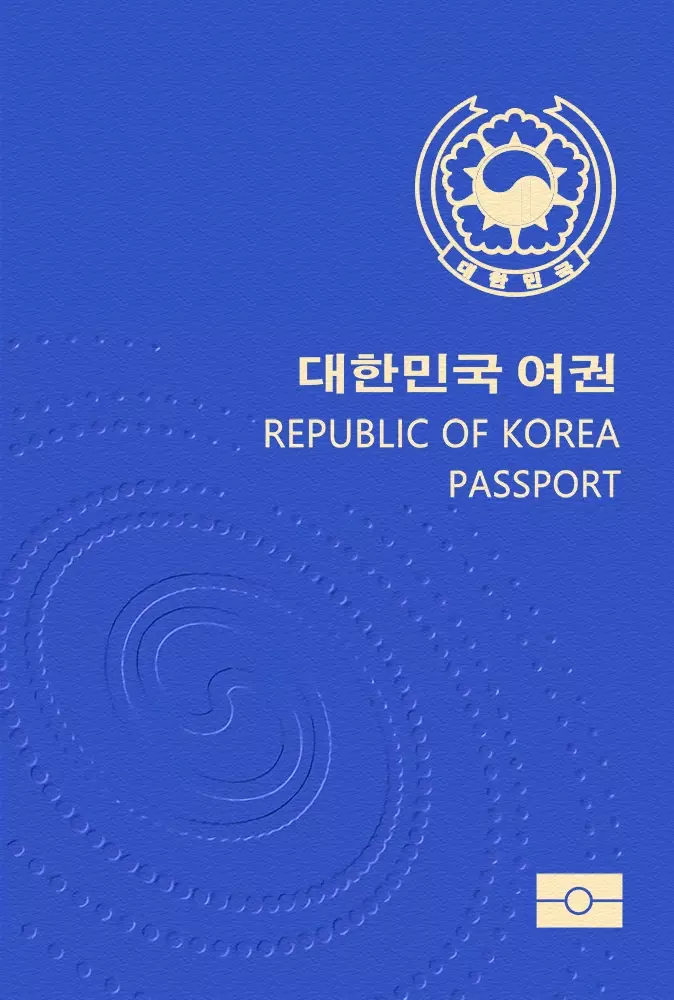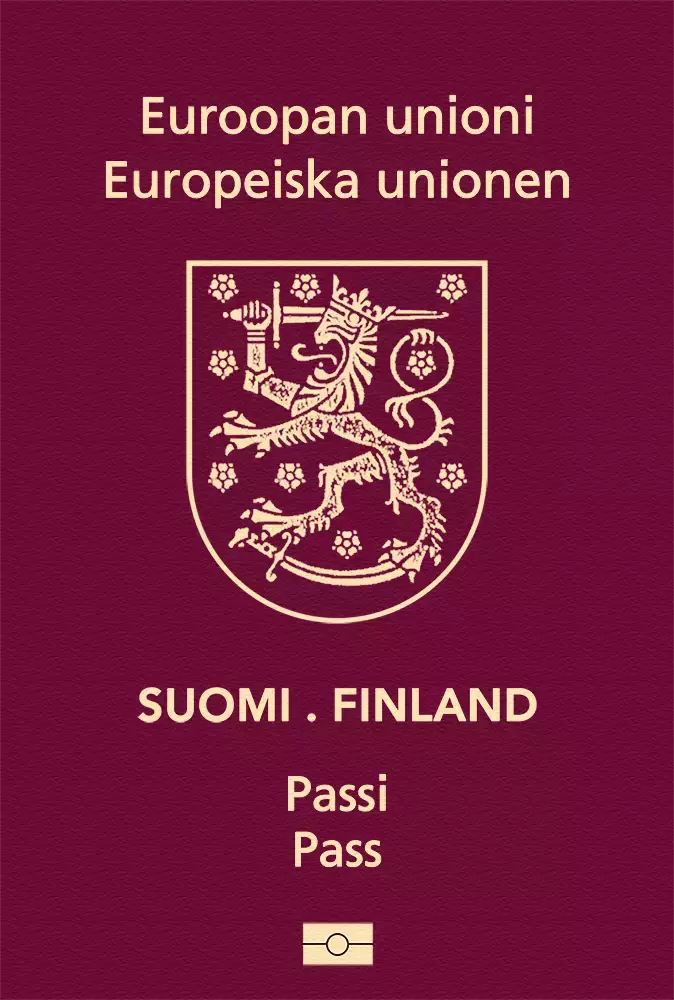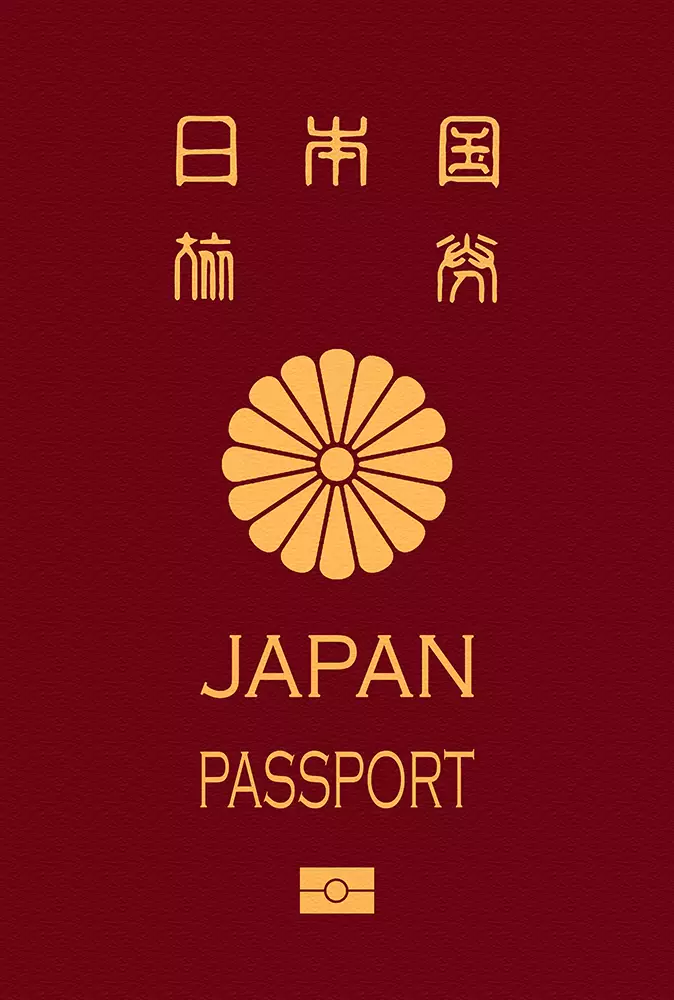Hungary is a member of the European Union and is made up of 19 counties. The three most significant counties are Borsod-Abaúj-Zemplén, Pest, and Budapest. Situated in Central-Eastern Europe, the country shares borders with Serbia, Croatia, Slovenia, Austria, Slovakia, Ukraine, and Romania. Hungary, with a land size of 93,030 square kilometers, is the 18th largest nation in Europe. It has a continental climate with dry, warm summers and chilly winters. Near the Slovakian border, the topography is primarily flat with a few hills and minor mountains. With 9.7 million citizens altogether, it is the thirteenth most populated nation in the European Union.With 1.7 million residents, Budapest is both the most populous city and the nation's capital. Then comes Szeged and Debrecen. Budapest Ferenc Liszt International Airport (BUD), which handles 16 million people annually, is the biggest airport. With 381,000 passengers annually, Debrecen International Airport (DEB) is the second-largest airport. Together, the two airports serve internal and international travel routes that link Hungary with the rest of the globe and the European Union. Ancient folk customs mixed with royal ancestry predominate in Hungarian culture. There is a diversity of religions present with no one dominant religious system.Hungarian is the official language. The German Civil Legal System is the foundation of the legal system. There is a parliamentary republican system of governance. Katalin Novák, the elected president, is the head of state, and Vitor Orban, the elected prime minister, is the head of government. There are elections every four years. The Hungarian Forint (HUF), which is the official currency, is currently worth 383 USD. At around $350 billion, the nation's open economy places it as the 22nd most productive country in Europe. The per capita income of its people is $35,941. The two main industries that comprise the majority of the GDP are industry and services.Among the most significant exports are commodities from the mining industry, textiles, wheat, and corn. Hungary has a wide range of tourism sites, both natural and urban. The nation is home to eight UNESCO World Heritage Sites. Buda Castle, the Danube, the Hungarian Parliament Building, the Caves of Lillafüred, and Hortobágy National Park are a few of the important locations. Approximately 61 million tourists visit the country each year, the majority of which are from Europe and the surrounding region.







































































































































































































































